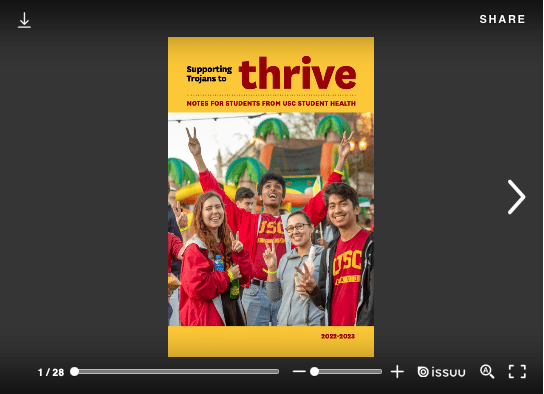Monkeypox, a disease caused by infection with monkeypox virus, is a rare disease and does not naturally occur naturally in the US. Cases of monkeypox have recently been identified in some countries where the virus is not typically found, including in the US, and appear to have spread through human-to-human contact. Monkeypox can spread when a person has close contact with a person infected with monkeypox virus (direct contact with the infectious rash, scabs, or body fluids; or respiratory secretions during prolonged, face-to-face contact, or during intimate physical contact, such as kissing, cuddling, or sex) or when a person comes in contact with materials (e.g., bedding, towels) that are contaminated with the virus. The risk to the US population remains low. Those who experience symptoms consistent with monkeypox, such as characteristic rashes or lesions, should contact their health care provider for a risk assessment or call DPH at 2-1-1 for assistance if you do not have a regular provider. This includes anyone who traveled to countries where monkeypox cases have been reported or has had close contact, including sexual contact, with someone who has a similar rash or received a diagnosis of suspected or confirmed monkeypox. Specific populations may be at increased risk for contracting monkeypox and are eligible for vaccination. As vaccines are currently in limited supply in LA County, individuals are encouraged to sign up for the LA County Monkeypox Newsletter to receive updates on vaccine availability….Continue Reading Monkeypox: What you should know in LA County

 It’s here! The 2022-2023 Thrive Guide for USC students has articles, news, and guide to services for all USC students. Welcome to the new academic year!
It’s here! The 2022-2023 Thrive Guide for USC students has articles, news, and guide to services for all USC students. Welcome to the new academic year!